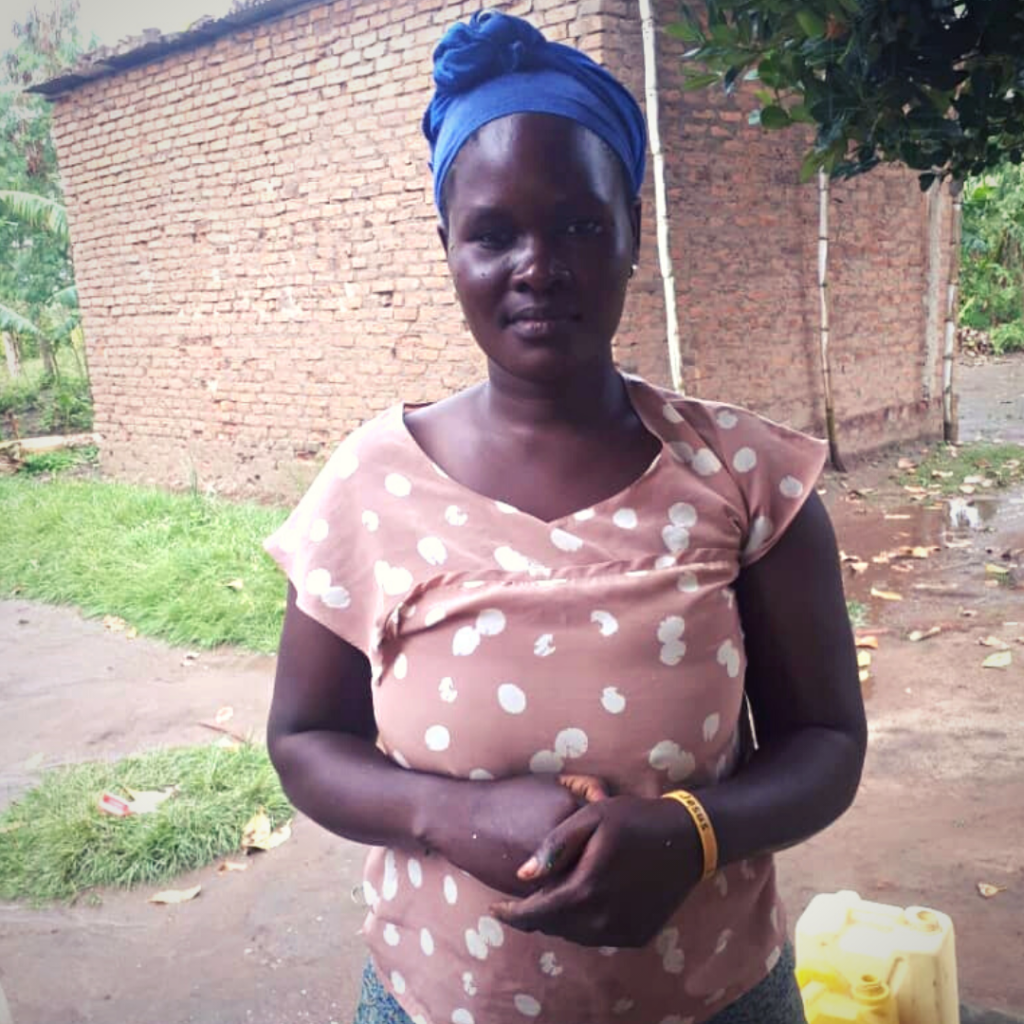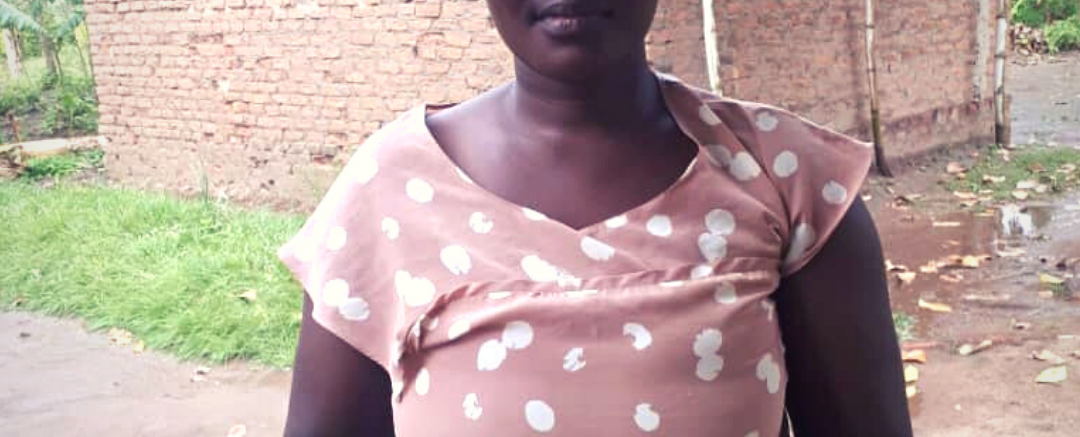
Recheal is 23 years old and hails from Buswiga village. As a mother of three, Recheal has first hand experience of the devastating effects of malaria, a disease that disproportionately affects children. Her children have always suffered from bouts of malaria, and she unfortunately lost her youngest child to the disease when he was only one.
Recheal explained that “it has been two years since it happened but she has failed to come out of it, with the feeling that she caused her [child’s] death due to negligence.”
The most effective treatment for malaria is sleeping under a long-lasting insecticide-treated mosquito net (ITN). Everyone in Recheal’s family currently sleeps under a net, though this wasn’t always the case.
Recheal said that she used to dislike mosquito nets: “I would feel very uncomfortable at night. A mosquito net would make me feel like I am suffocating. It was very hot, and I would have bad dreams.”
She certainly isn’t alone in this belief. One of the obstacles towards reducing malaria cases in Uganda is myths and misconceptions about mosquito net usage and a general lack of knowledge about their essential role in malaria prevention.
In addition to selling subsidized mosquito nets, a vital aspect of UVP’s work to reduce malaria infections is sensitization—an education method with the aim of educating villagers about malaria and its transmission, symptoms, treatment, and prevention.
Recheal purchased two nets after attending a sensitization and learning about the importance and effectiveness of consistent mosquito net usage.
After using the nets every night, she noticed that her children, who used to fall sick, were no longer missing school due to illness and were able to go a whole school term without contracting malaria.
*Recheal’s story is shared with her consent.

